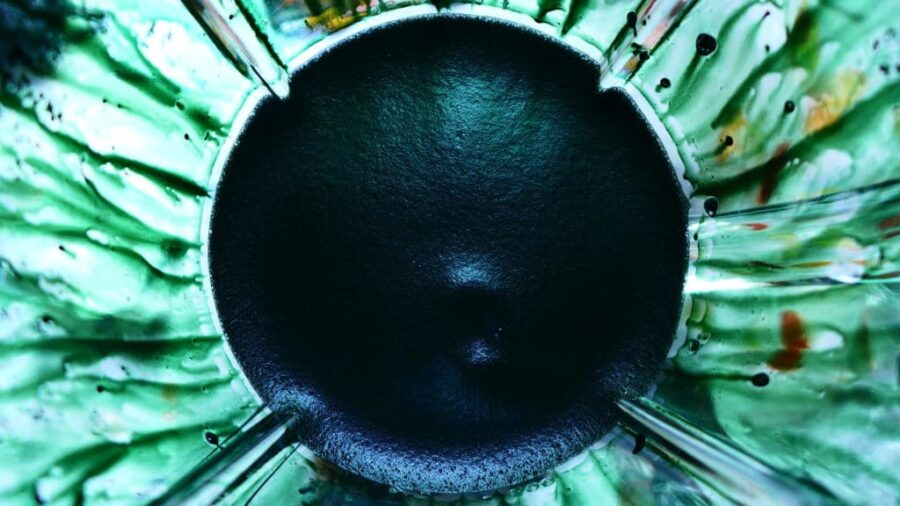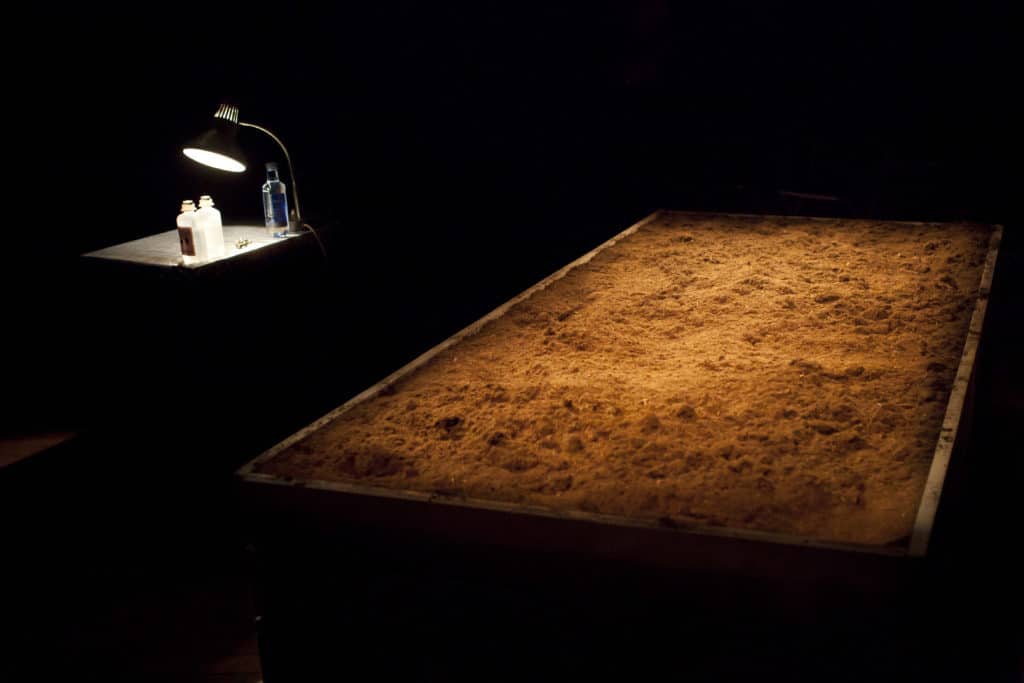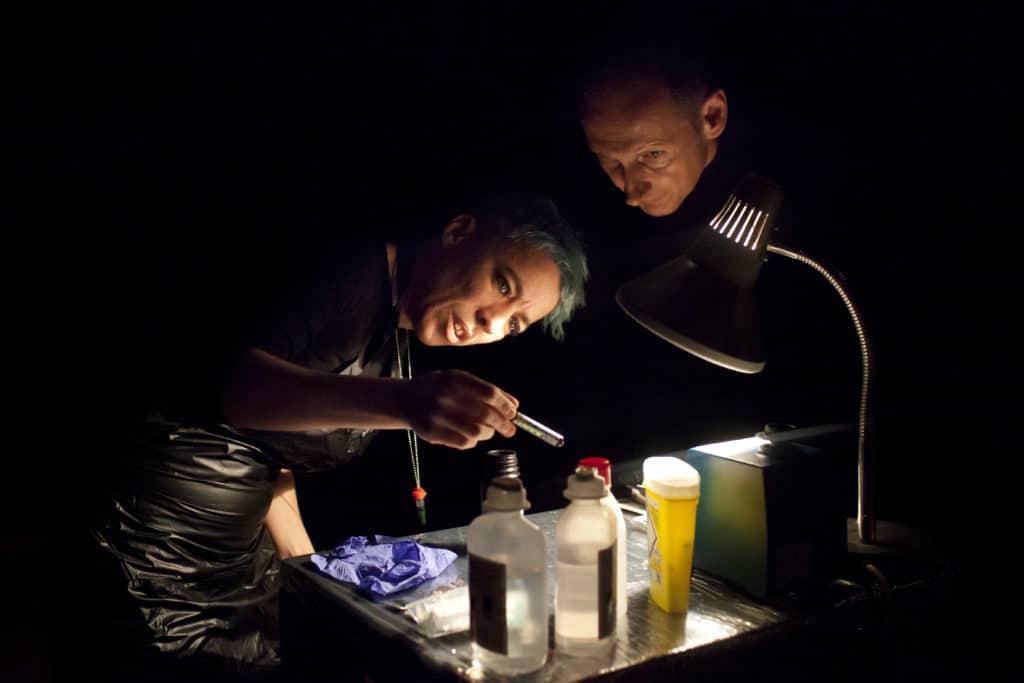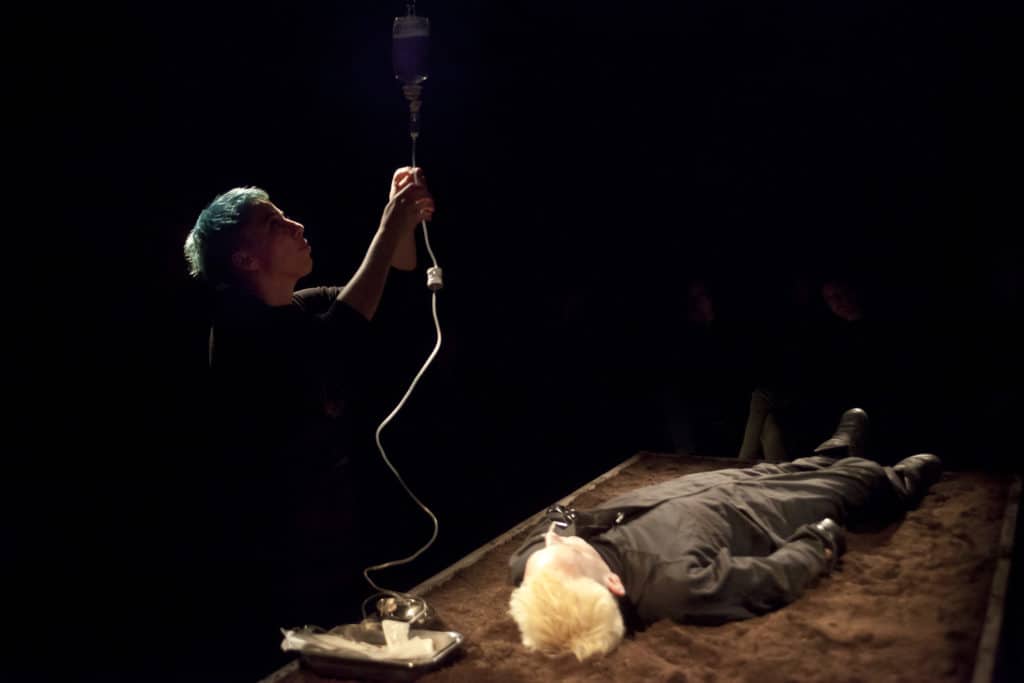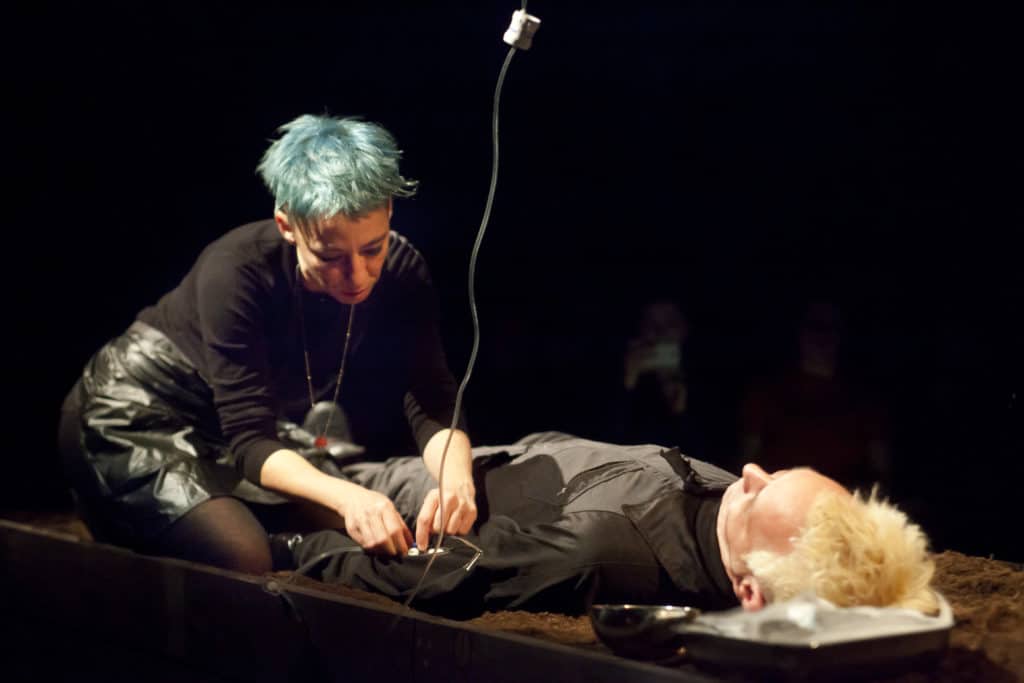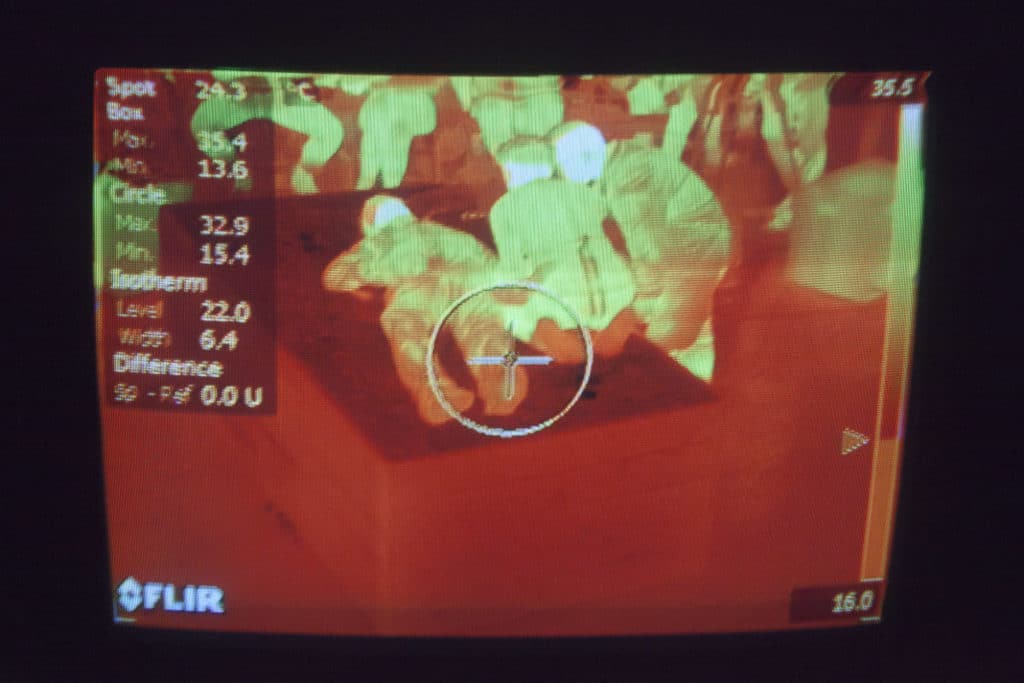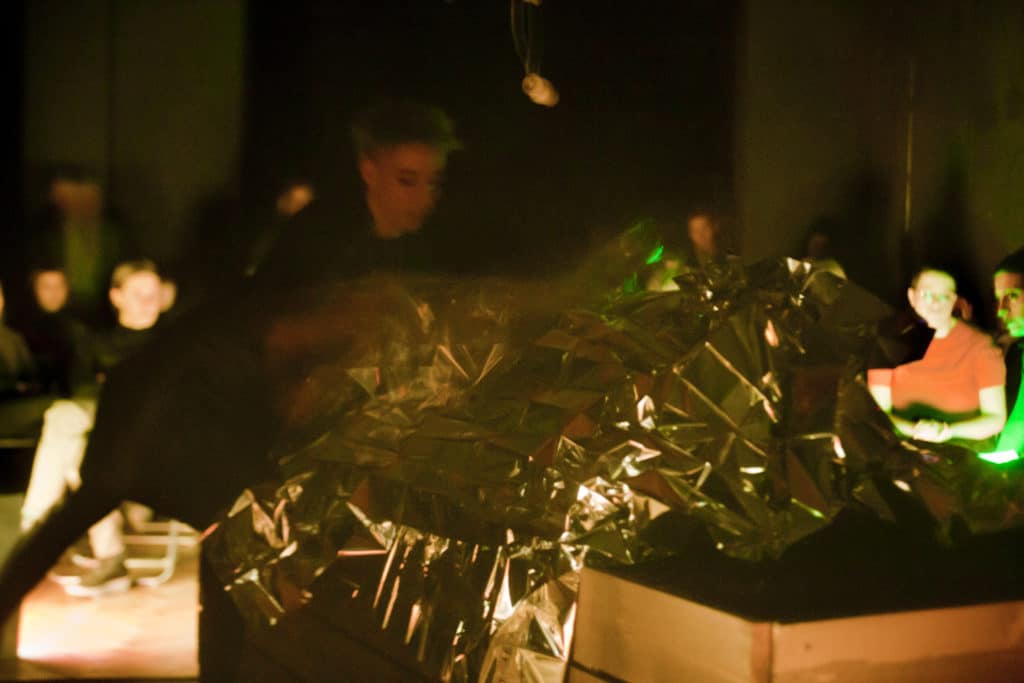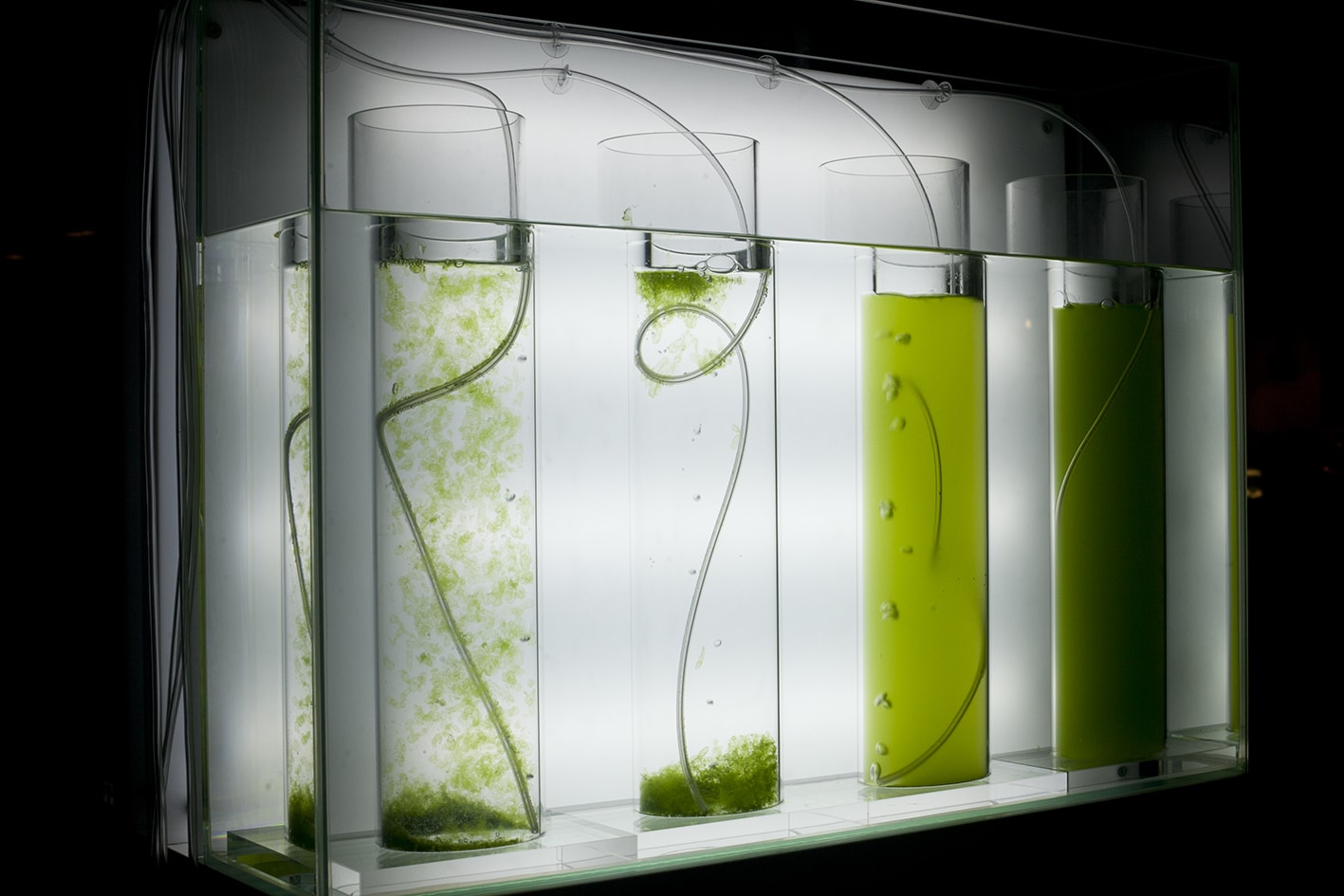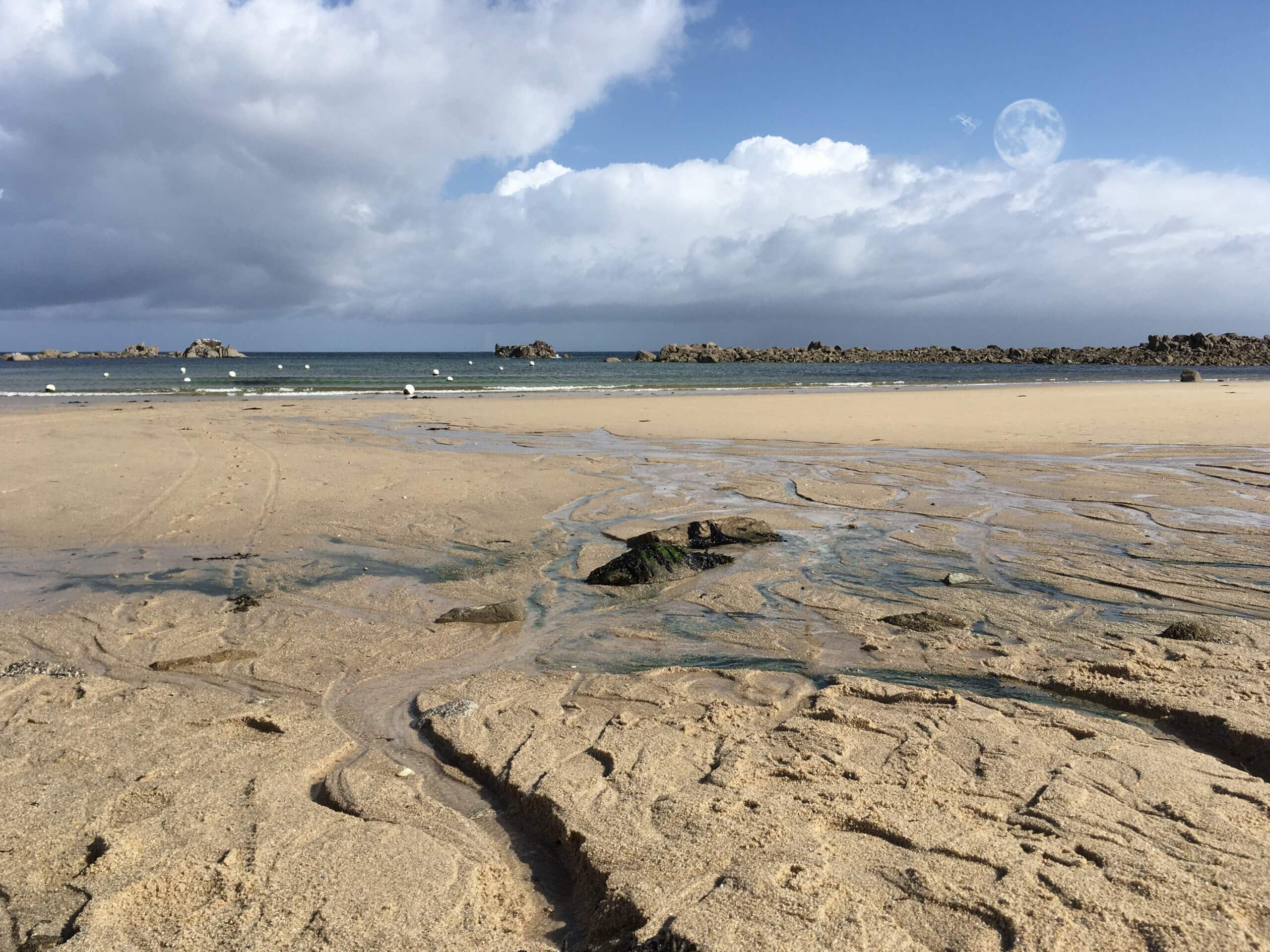On the occasion of the opening of the UrsuLab, biolab of the Antre Peaux Contemporary Art Center in Bourges, in October 2021, we interviewed Quimera Rosa, a Spanish collective, about their project Trans*Plant, which approaches territories of investigation similar to ours.
Trans*Plant is a transdisciplinary project, initiated by Quimera Rosa in 2016, that utilizes living systems and is based on self-experimentation: it is a process that involves a ‘human > plant’ transition in various formats. The project juxtaposes disciplines such as arts, philosophy, biology, ecology, physics, botanics, medicine, nursing, pharmacology and electronics. Trans*Plant claims to develop a project that is involved in the current debates surrounding Anthropocene from a perspective not based on ‘human exceptionalness and methodological individualism’, but addresses the world and its inhabitants as the product of ‘cyborg processes’, of ‘becoming with’ and of ‘sympoiesis’.
Quimera Rosa urges us to think about a non-anthropocentric ecology that must “move from essence-based identities to relationship-based identities. They explain the process of human>vegetal transition including a chlorophyll injection protocol that they experimented with and that, through the fears, fantasies and judgments it generates, opens the debate on the identity system. The collective affirms it: “A self-experimentation process is not an individual’s process, it’s always a collective one”. And reminds us that “obtaining a pure molecule of chlorophyll is as hard as getting testosterone from the pharmaceutical and biomedical industry or the legal and health system. All life is patented,” they warn.
Ewen Chardronnet & Maya Minder
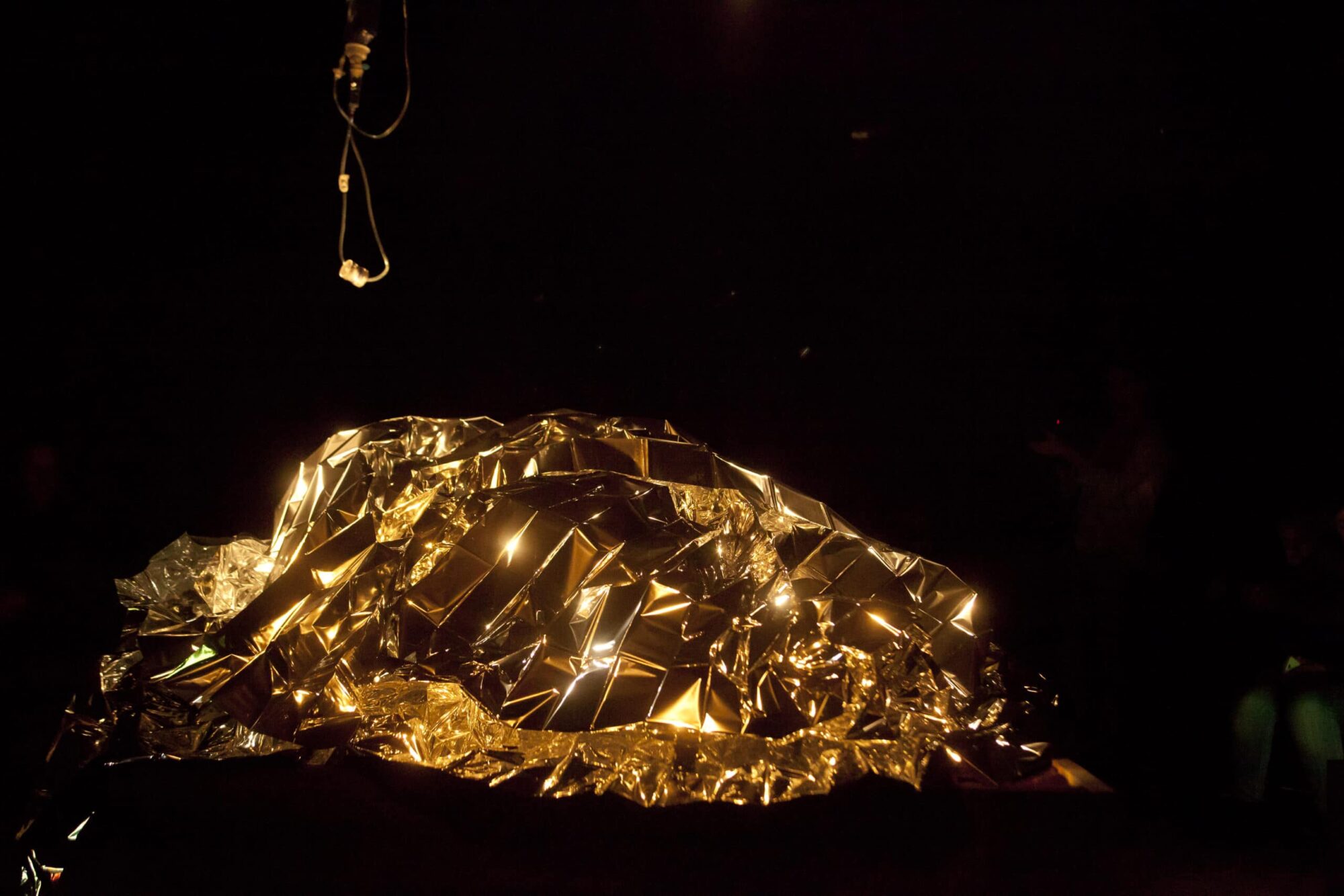
May the chlorophyll be with/in you
The greatest problem with the dominant ecology is that it is based on the notion of ‘nature’, a notion created historically to separate humanity from the rest of the universe and establish a colonial relationship. The binomial culture / nature structures an almost infinite list of other binomials found in modern Western thought: man / woman, white / non-white, straight / queer, science / witchcraft, adult / child, normal / abnormal… The second term of each binomial is associated with nature and is therefore subdued to the same regime of violence. Through heterotrophy carried out to its maximum, a necropolitics is constituted so that it literally ‘consumes’ everything on this planet. ‘Protecting nature’ seems to be a bad idea… It is strange that one has come to accept that an individual, delimited by the skin, constitutes a living being, but the planet as a whole doesn’t. It is time to conceive ‘ungrid-able ecologies’ (Natasha Myers), or ‘un-greening the green’ (Jens Hauser).
The performance in the Kapelica gallery is based on an intravenous chlorophyll transfusion. It is conceived as a collective ritual that crystallizes the process before and after it. An intravenous one, which through fears, fantasies and judgments that it generates, opens the debate on the identity system. This would not have been possible without the ecosystem that helps us in so many ways.
Quimera Rosa
Credits (video interview)
Direction: Ewen Chardronnet and Maya Minder
Camera and editing: Sandra Bühler
Subtitles: David Bernagout
